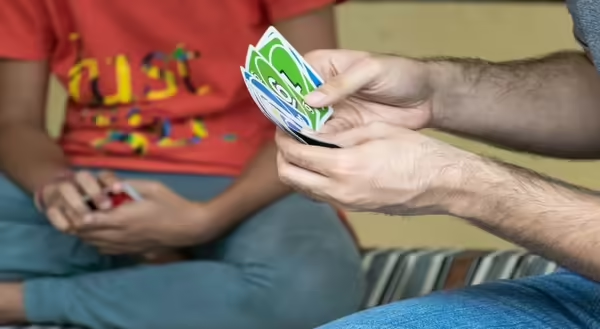
When someone asks you to think about health, wellness and fitness, you usually think about physical health, exercise or nutrition. Throughout a person’s lifetime, they should not only concentrate on improving and maintaining their physical health, but also be working on their cognitive or brain health. Since this is Brain Health Awareness Week, I would like to share a few things you can do to maintain a healthy brain. Getting enough good, quality sleep is important along with eating a heart healthy diet and exercising regularly. I have heard the phrase “what’s good for the heart is good for the brain” more than once while working with this topic. Lowering your stress levels and keeping solid social connections and support also contribute to achieving good brain health. Researchers agree that challenging your brain daily is also beneficial and necessary to maintain brain health and delay cognitive decline as we get older.
The Dana Foundation is an organization that is committed to advancing brain research and to educating the public about brain health. From their publication “Successful Aging & Your Brain” they give us some simple strategies that can help us improve our memory and ability to learn:
- Relax: Tension makes memory lapses more likely. Reducing stress improves learning and recall.
- Slow down, pay attention, and stay focused: If you want to recall something later, pay close attention to it now. Concentrate on what you’re doing and reduce distractions and interruptions. Don’t rush—focus and attention take time.
- Repeat it: Repetition strengthens connections in your brain.
- Write it down: Putting important information in writing both repeats it and provides a visual reminder. Carry a notepad, calendar, or use your smartphone.
- Visualize: Creating an image of what you want to remember improves recall by giving your brain another way to access the information.
- Make associations: Relate new experiences and information to what you already know, to embed it in existing synaptic connections. This strategy can be useful in remembering names: at a dinner party, you might associate “Pam” with “red dress” and “red wine.”
- Stay organized: Keep things you regularly use in the same place: put keys on a hook by the door, your wallet in a basket on your dresser.
- Plan and prioritize: Because multitasking may be more difficult as we age, planning becomes critical. Prioritize: some things will simply have to wait.
The Dana Foundation actually sponsors Brain Awareness Week and their website is a great resource for information and activities on neuroscience and brain health.
Author: Cheri Burcham, Family Life Educator